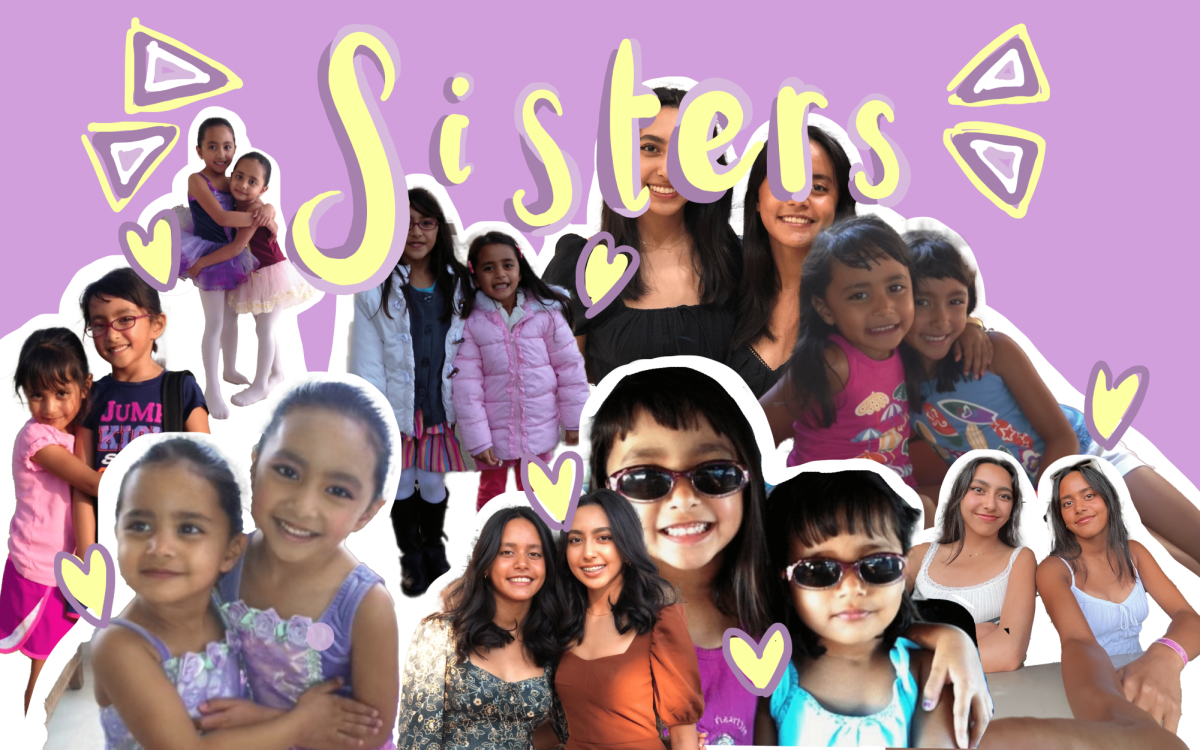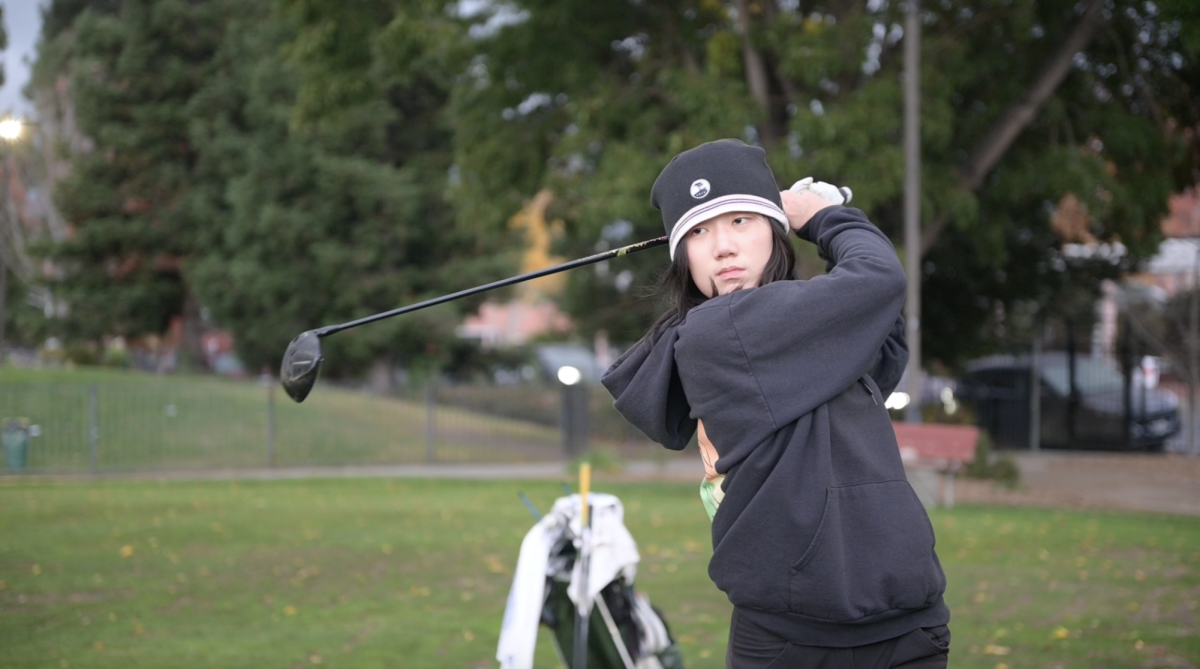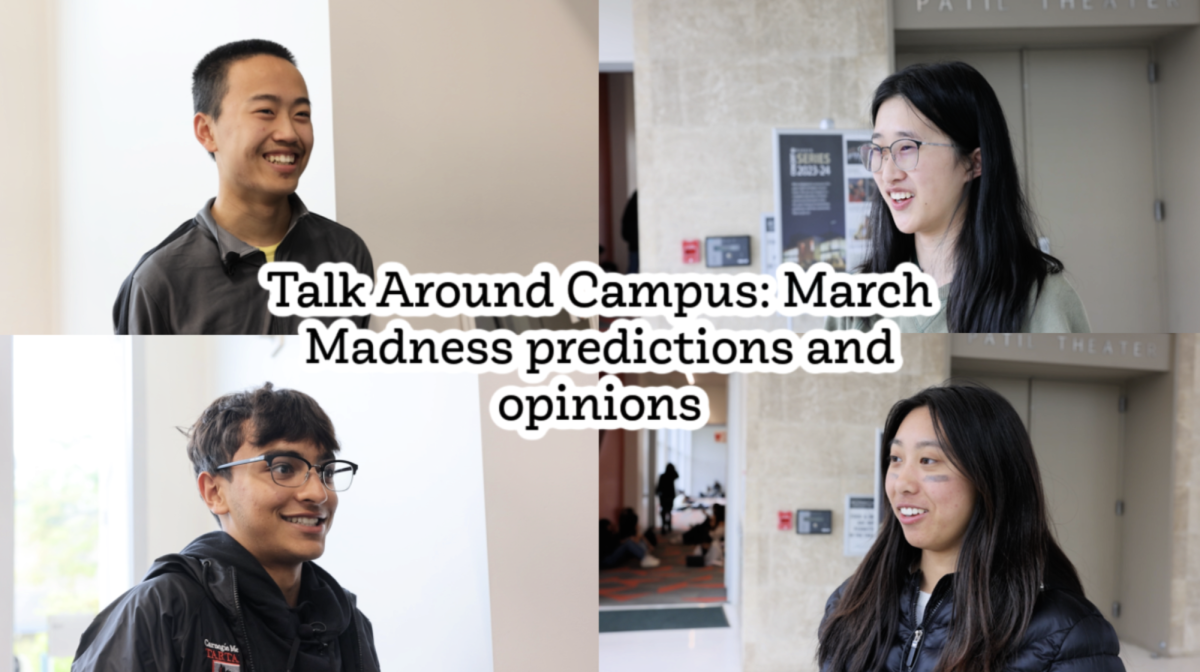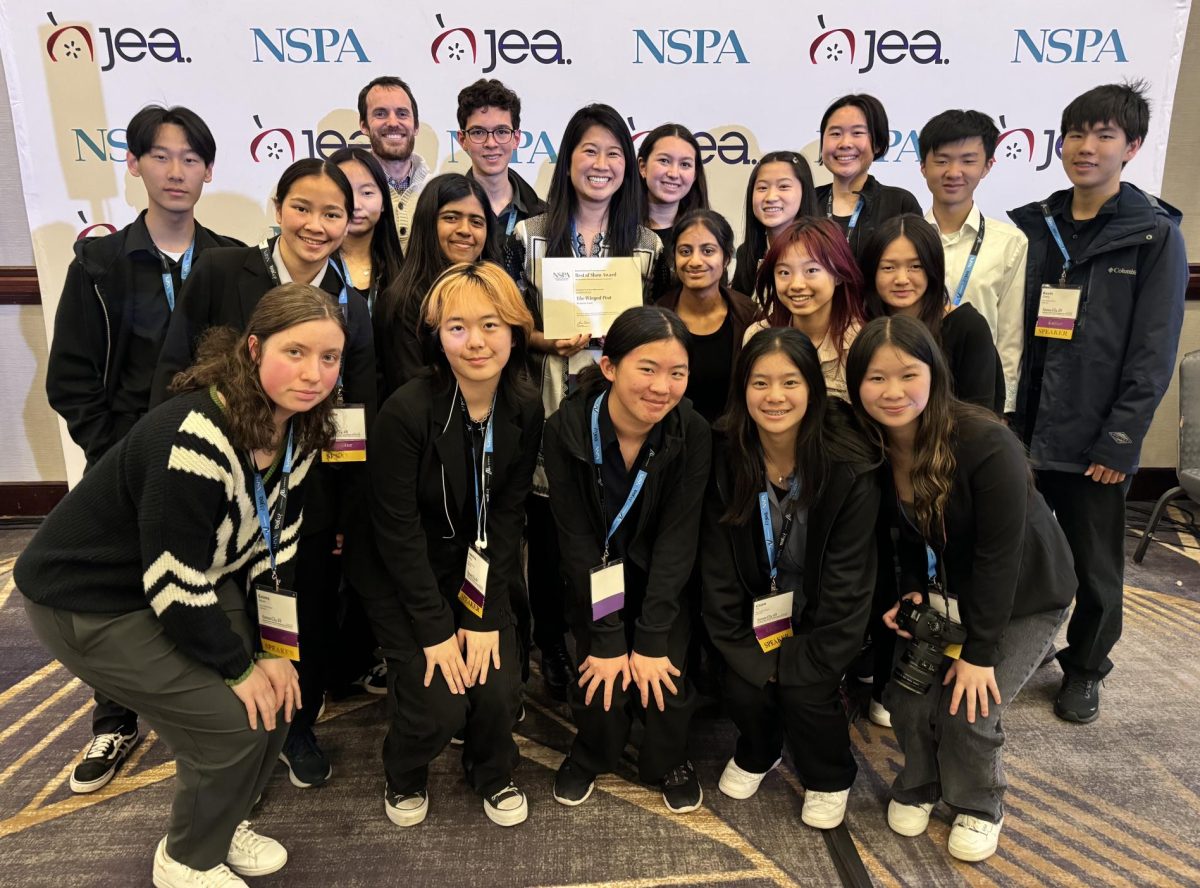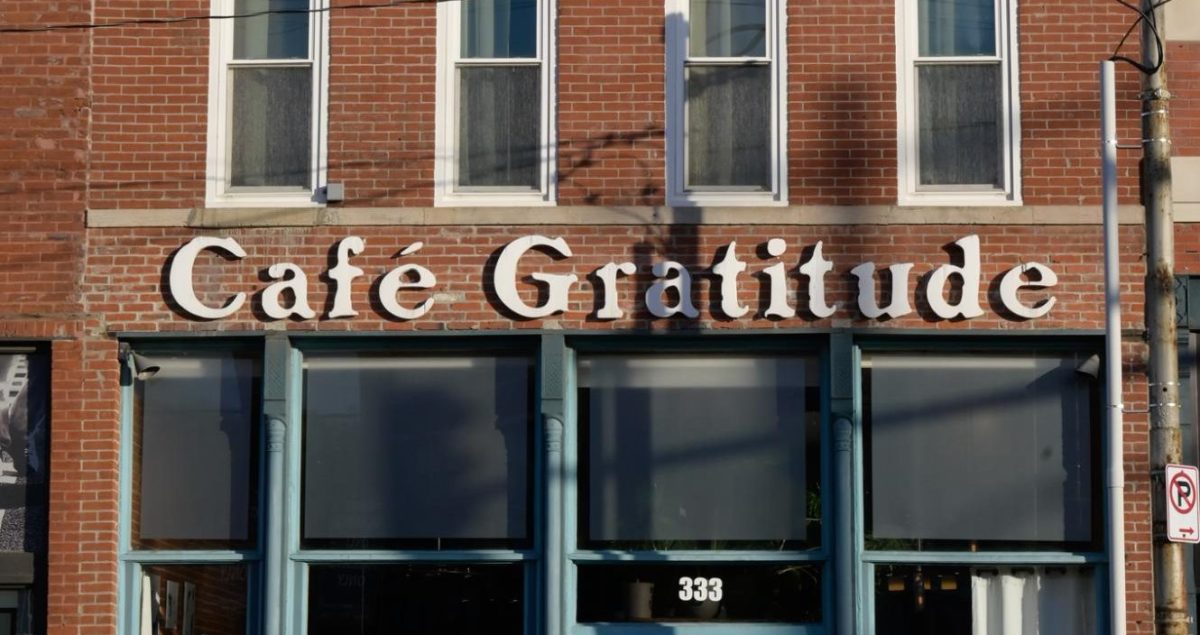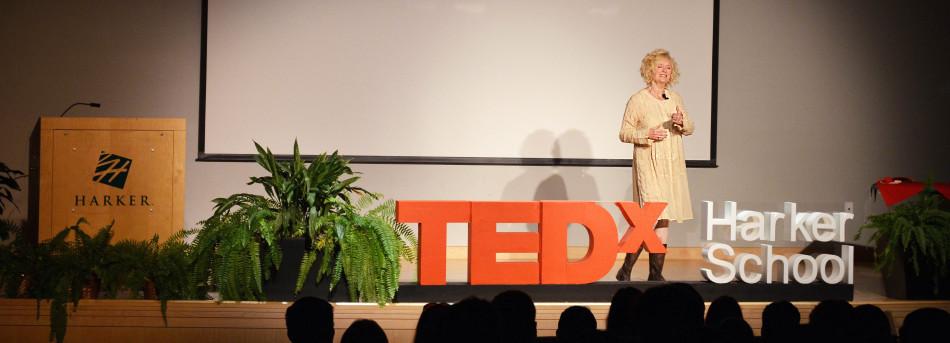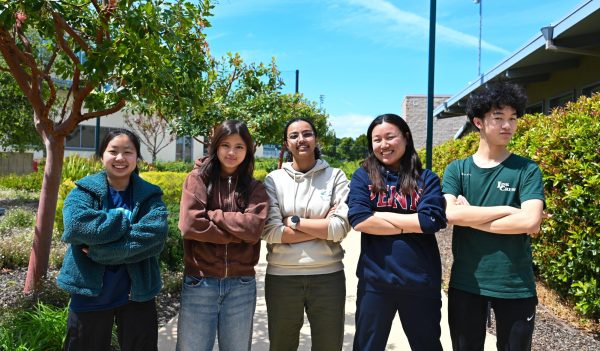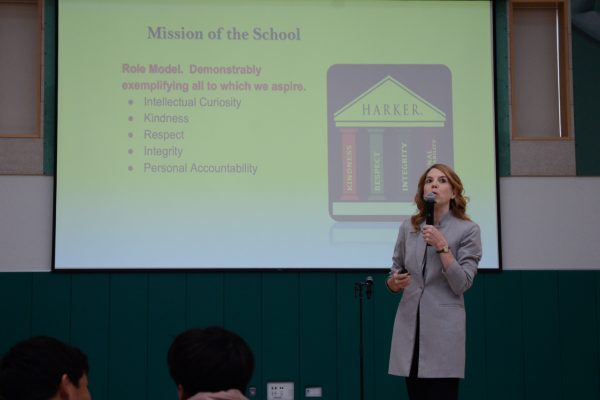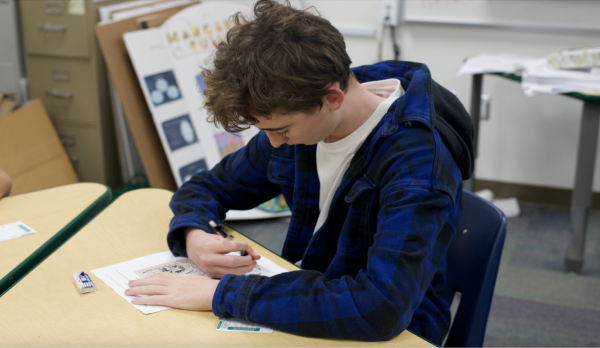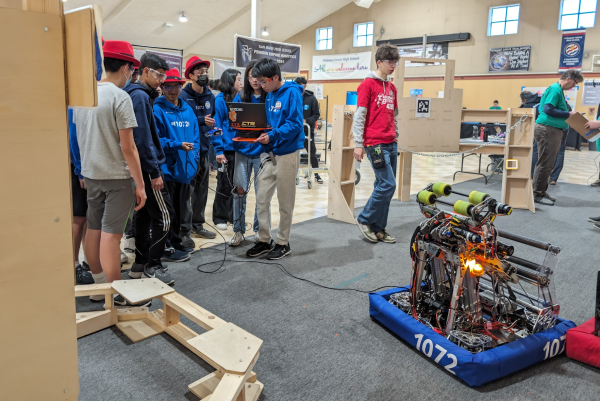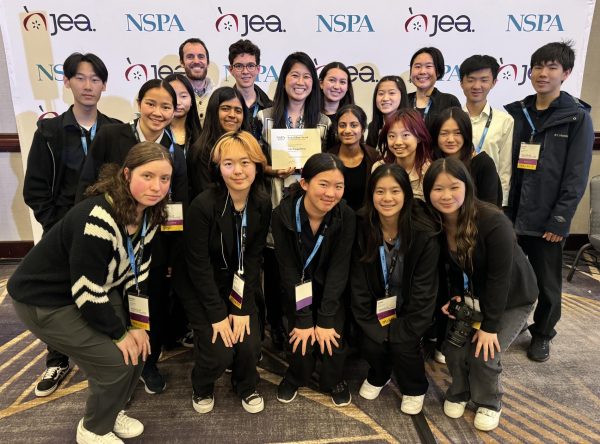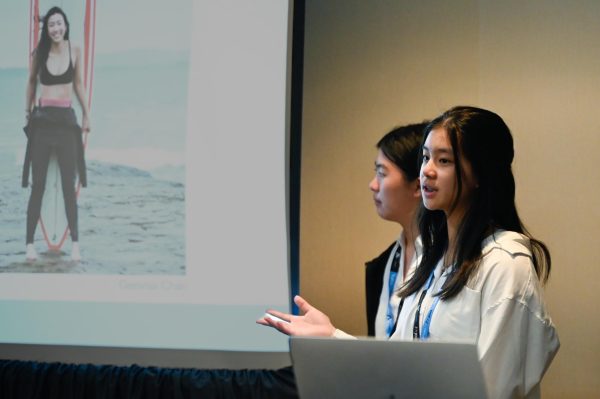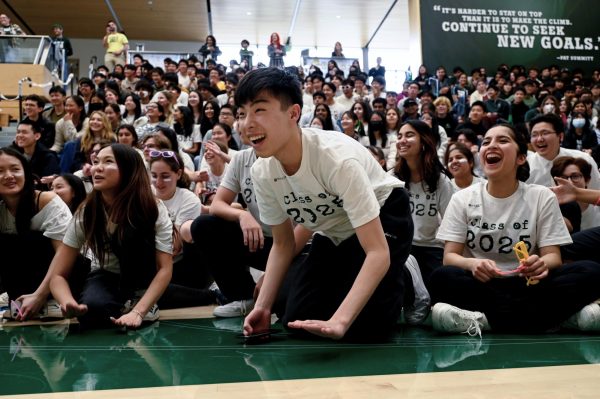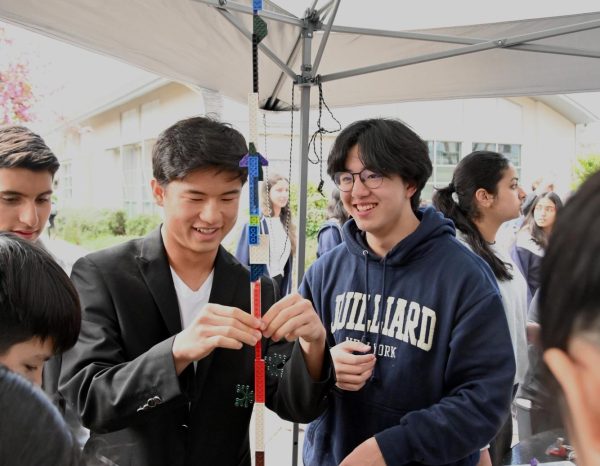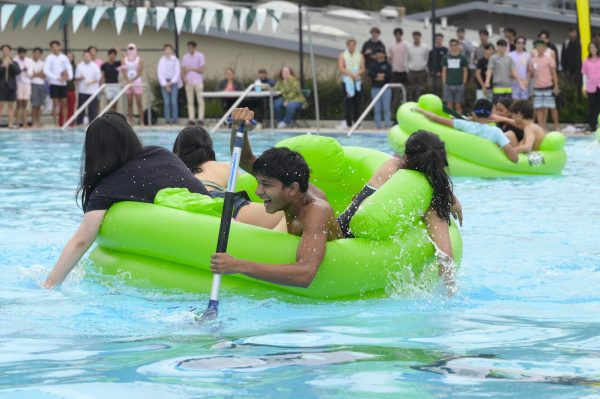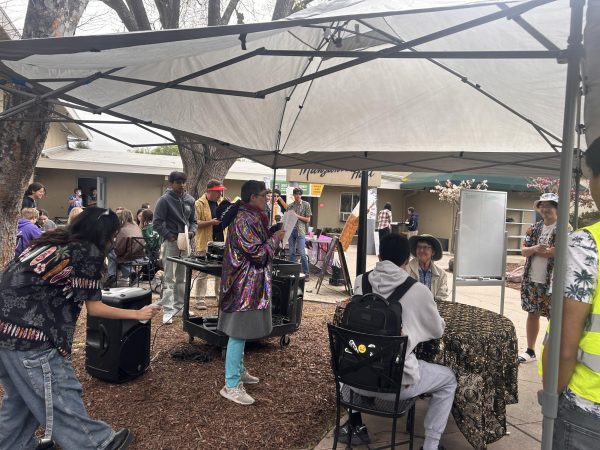TEDxHarkerSchool 2014: Fostering youth entrepreneurship
Students, faculty, and entrepreneurs gathered at the third TEDxHarkerSchool event on Saturday, held in the Nichols Auditorium and Atrium from 8 a.m to 2 p.m.
The event featured experienced Silicon Valley business leaders as speakers and mentors for attendees and was hosted by emcees Jeton Gutierrez-Bujari (11) and Shannon Hong (10).
Each speaker was given 18 minutes to impart personal advice to aspiring entrepreneurs; a wide variety of mentors also answered questions during an informal lunch with students.
David Girouard, CEO and founder of Upstart and Google’s former President of Enterprise, spoke first at the event. He implored students to leave the realm of “cubicle-dwellers” in favor of pursuing entrepreneurial ambitions.
Stanford lecturer and product and strategy consultant Rashmi Menon offered “personal suggestions” rather than “tactical steps” on how to become a successful entrepreneur.
“Ask for help,” she said. “Admit what you don’t know. Then, you can do something about it.”
Menon recommended that potential student entrepreneurs branch out, instead of focusing solely on internships with small startups: gaining any work experience, according to her, is valuable.
Current senior Arjun Mehta spoke next about the entrepreneurial process he went through with the rise of his startup Stoodle. Mehta approached CK12 founder Neeru Khosla for funding and support, after which the company took off.
Give people your 30 second elevator pitch: you never know who they know that can help you out.
— Arjun Mehta (12)
Covering the integration between business and school, Arjun explained how he balanced the two.
“Your startup has to become the extracurricular,” he said. “You’re going to have to make quite a few sacrifices.”
Ariel Tseitlin, a VC at ScaleVP and the former Director of Cloud Operations at Netflix, opened his talk by examining a series of French cartoons from the 1900s predicting innovations in 2000. He explored the rise of technology with inventions such as PacMan and early computers.
“There’s a really interesting and philosophical conversation to have around what happens when computer capacity exceeds the capability of the human brain, and we have machines that are capable of more complex thought than people are,” Tseitlin said in response to a question regarding the applicability of Moore’s law.
After hearing Tseitlin speak, the crowd left the Auditorium to attend the mentor luncheon in the gym. Each table seated one or two corporate professionals as well as five or six attendees, in order to maximize the mentor-to-student ratio. Around 25 mentors were present at the event.
Co-curator Glenn Reddy (11) believes that the mentor luncheon is the most important part of the event.
“That’s what’s really unique about it and it’s something that isn’t present at any other TED event,” Glenn said. “It’s an opportunity for the students not just to listen to the speakers, but it’s actually a chance for them to interact on a more personal level with all of these business professionals.”
The luncheon was followed by the last two keynote speakers, Ronda Beaman and Lata Krishnan.
Ronda Beaman, Chief Creative Officer at PEAK Learning, spoke about the importance of neoteny, or retaining youthful traits in adulthood. She dispensed red clown noses among attendees, emphasizing the value of a childlike spirit.
She encouraged students to always carry two things with them at all times: a childhood picture and a crayon to remind themselves of their potential.
Ending the event was Lata Krishnan, CFO at Shah Capital Partners, who spoke about her own personal entrepreneurial experience and gave practical advice to students seeking futures in business.
To be an institution means that you develop value systems, that you be the place where other people want to work.
— Lata Krishnan, CFO at Shah Capital Partners
“It’s pride in your work and in your work ethic that fuels what you want to do everyday,” Krishnan said.
Attendees ranged from Upper School students to high schoolers from around the Bay Area to college students, especially from California Polytechnic State University where Beaman is a Clinical Professor.
Jiarun Chen, a sophomore at John F. Kennedy High School in Fremont, Calif., thought the experience was “absolutely awesome.”
“[My favorite part] would be a battle between getting to know some of these really amazing individuals in our community and gaining that new perspective about being aware and having that passion and drive for entrepreneurship,” Jiarun said.
The TEDxHarkerSchool team began preparing early this school year, according to Curator Brian Tuan (12). Starting in October or November, a team of ten sought out speakers and mentors to populate the event.
“It was fantastic, and much smoother than all of our other years,” Brian said. “We had a great attendance and a great show this year.”
Glenn will step up as the sole curator for TEDxHarkerSchool 2015. He believes this year’s experience was educational and has prepared him to run the next event.
The Atrium housed corporate booths set up by different companies that displayed innovations relating to social entrepreneurship. During breaks, students were able to mingle with speakers and mentors and explore different products.
Questions from the audience were solicited using the service sli.do, where students were able to rank popular questions by voting them up or down. The questions with the most votes were asked and answered first.
The TEDxHarkerSchool program is advised by Juston Glass, Director of Business and Entrepreneurial Programs. The 2014 team is comprised of the following students: Aashika Balaji, Jeton Gutierrez-Bujari, Shannon Hong, John Nicolas Jerney, Adele Li, Manthra Panchapakesan, and Sophia Shatas.

Juhi Gupta is the Multimedia Editor for Harker Aquila. She is a junior and has been part of the journalism program since her freshman year. Her position...































![Setter Emma Lee (9) sets the ball to the middle during the match against Pinewood on Sept. 12. “[I’m looking forward to] getting more skilled, learning more about my position and also becoming better friends with all of my teammates, Emma said.](https://harkeraquila.com/wp-content/uploads/2023/09/DSC_4917-2-1200x795.jpg)













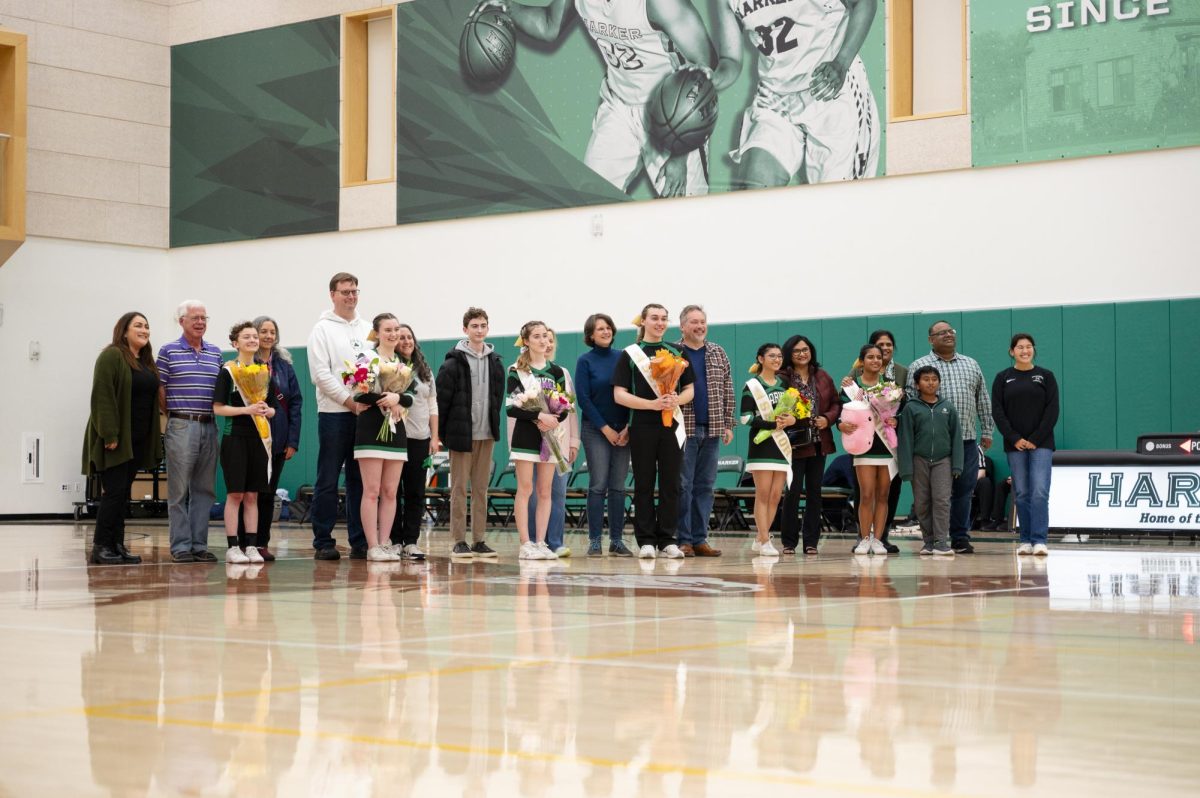


















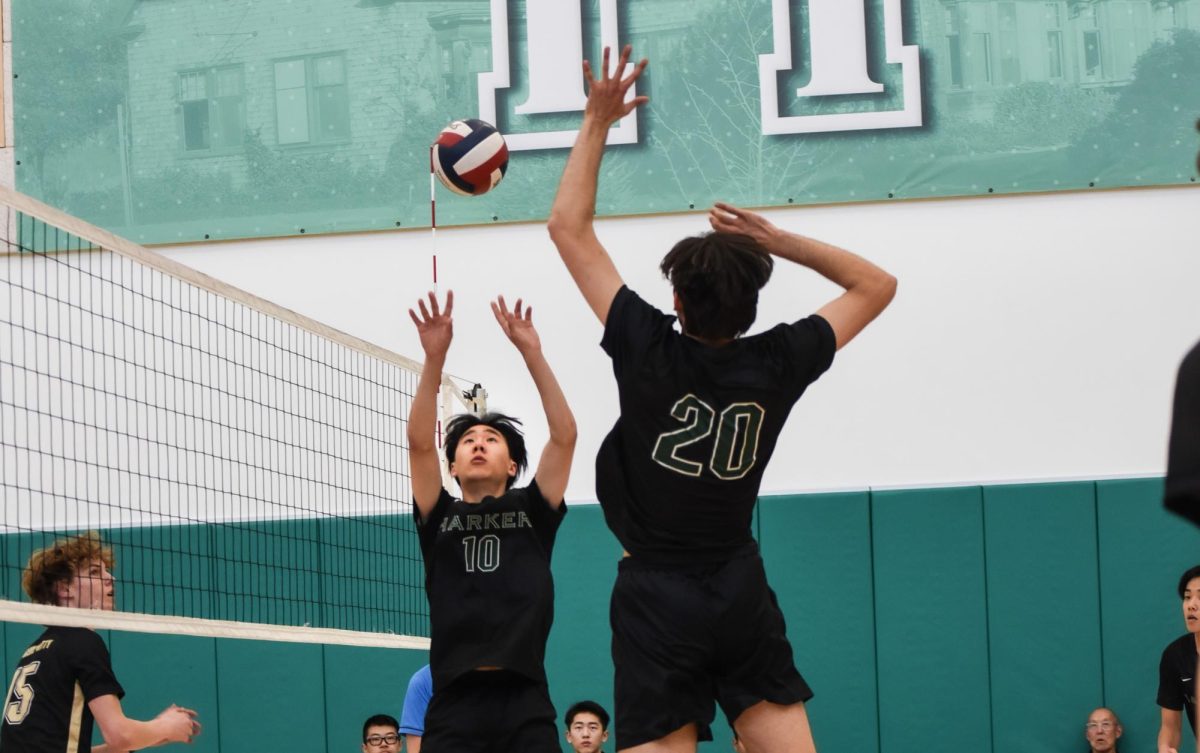
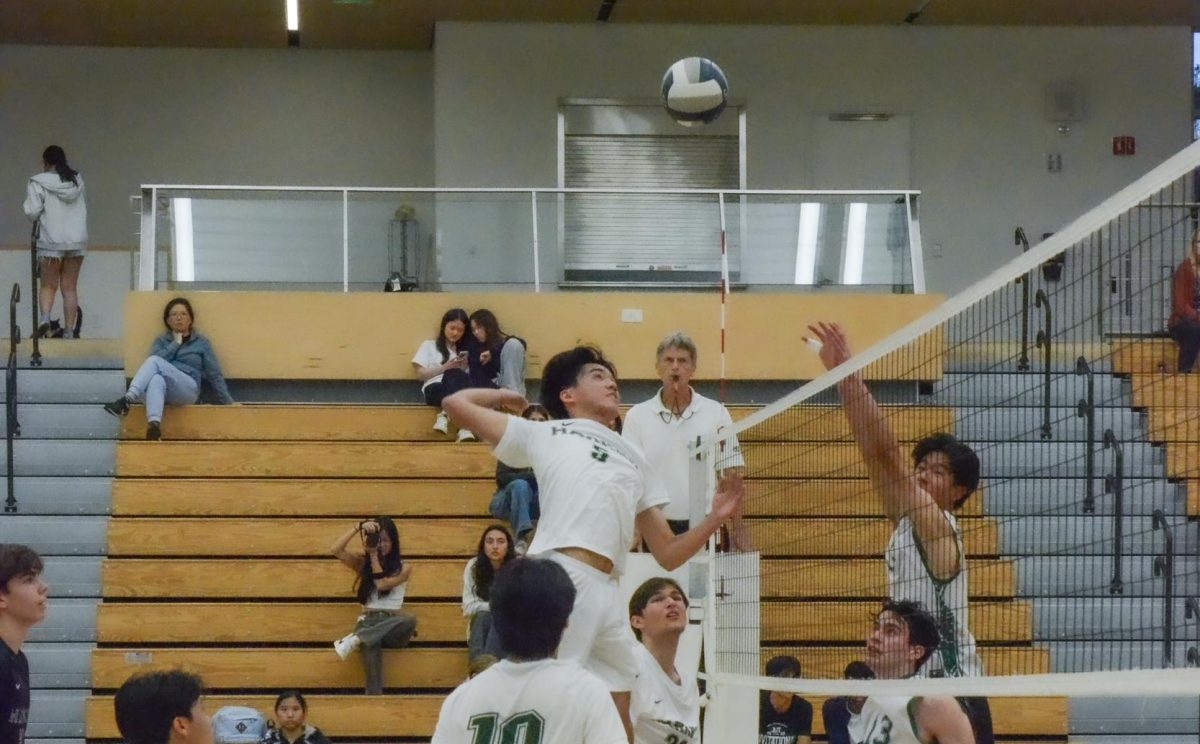
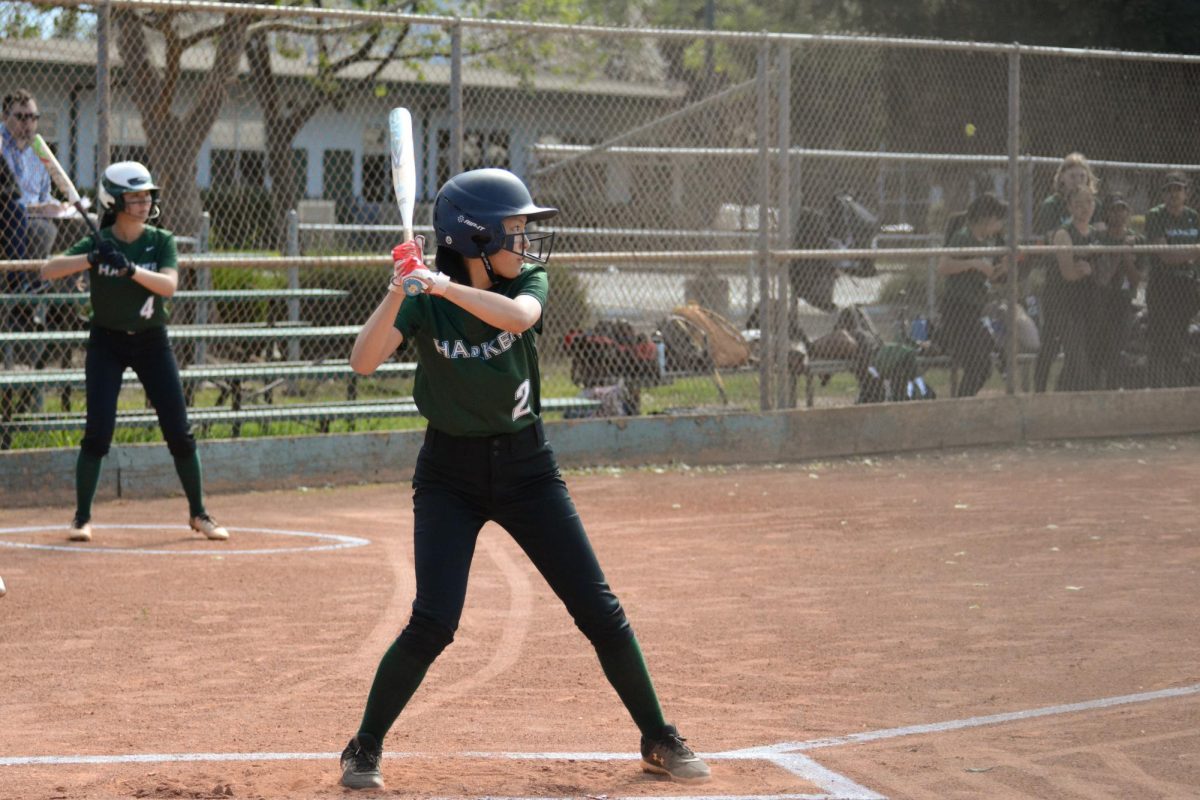
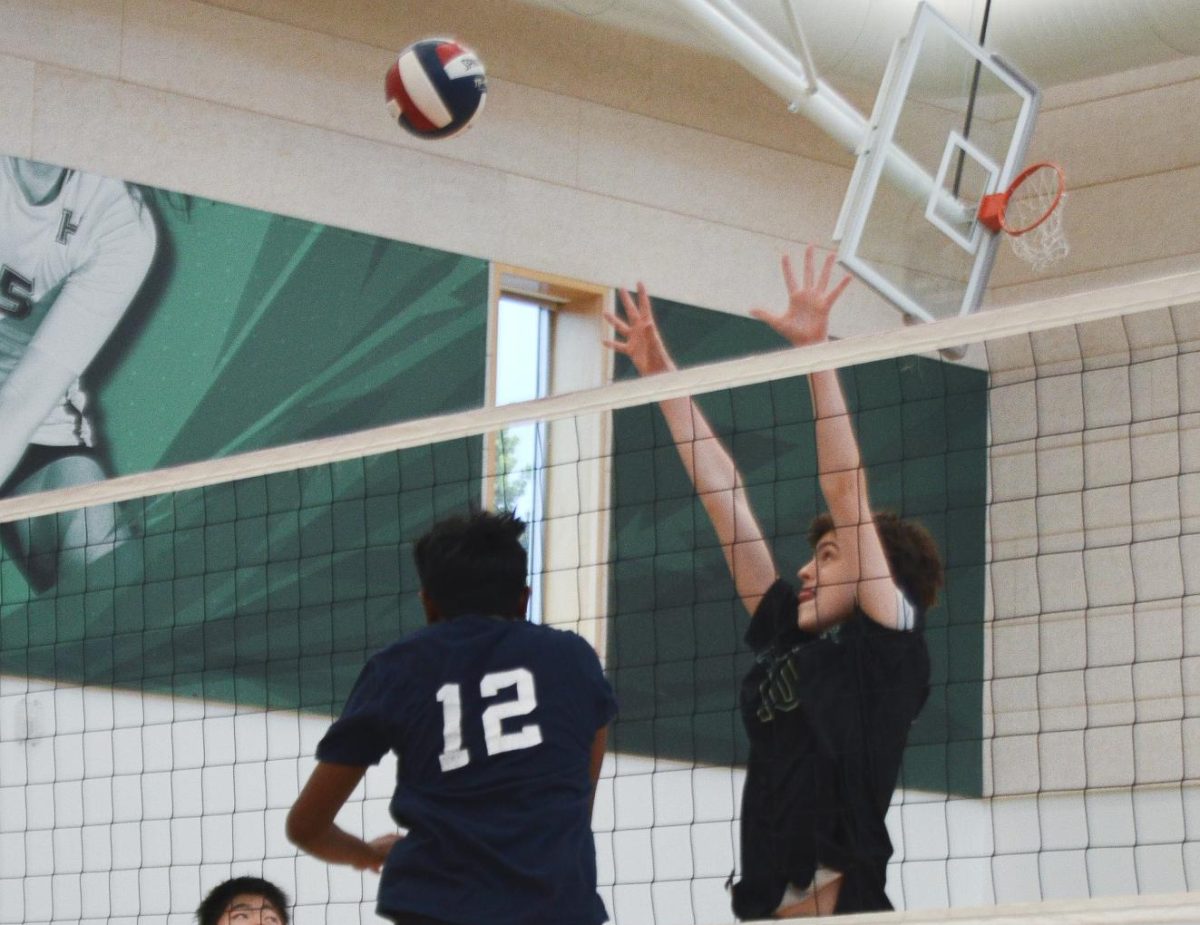
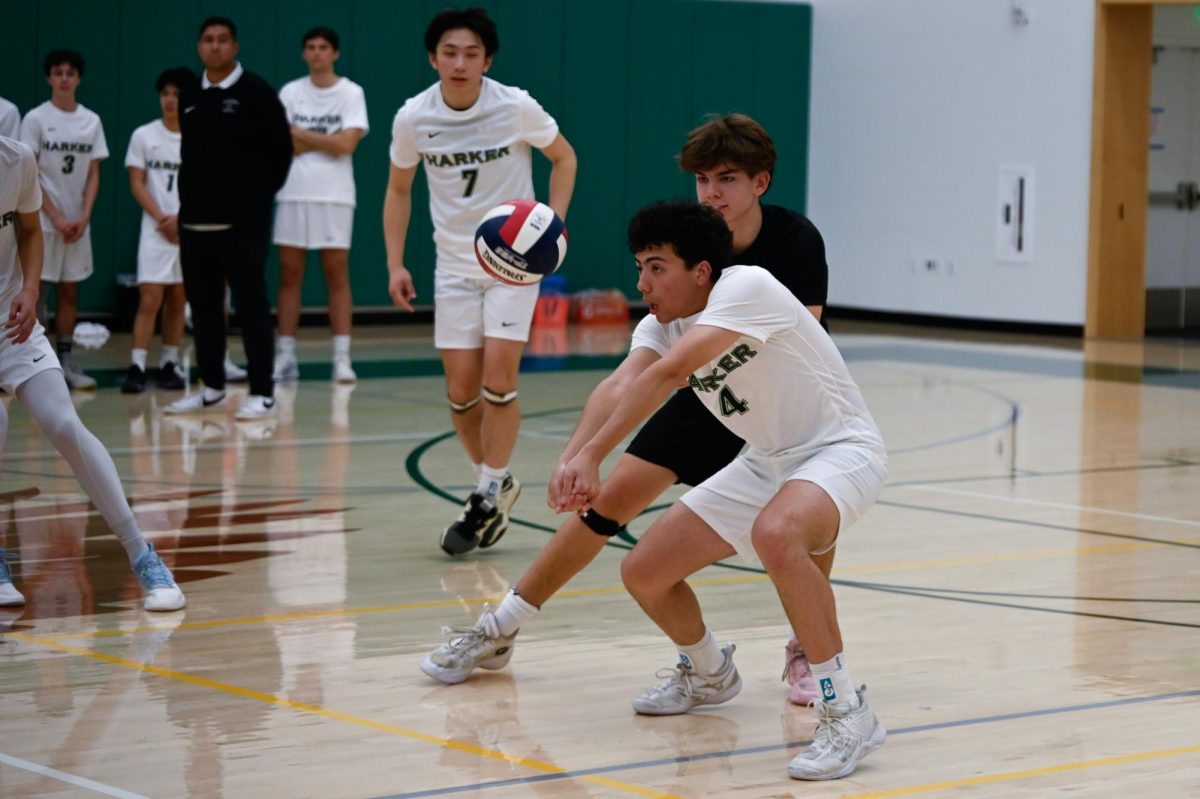



























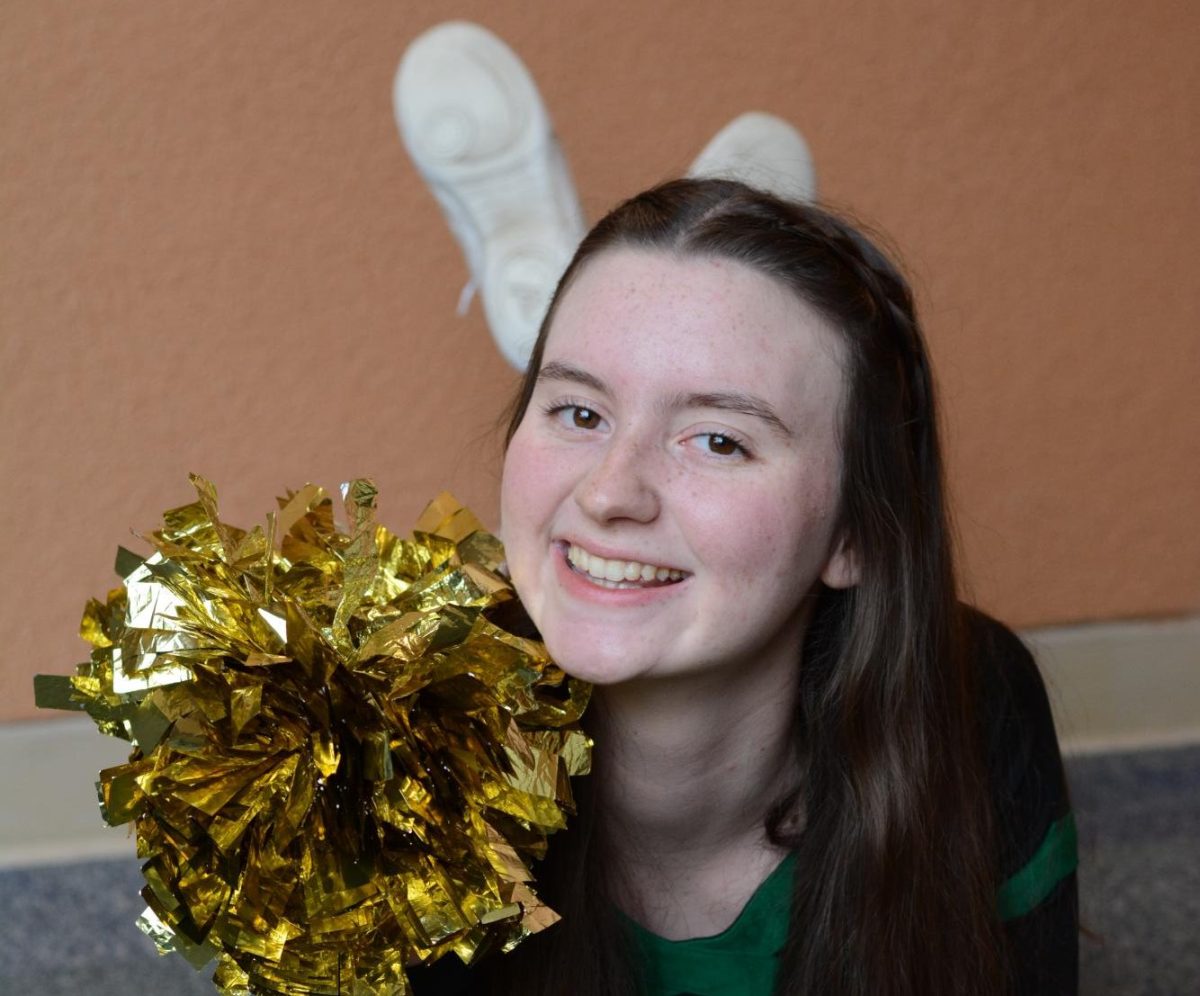
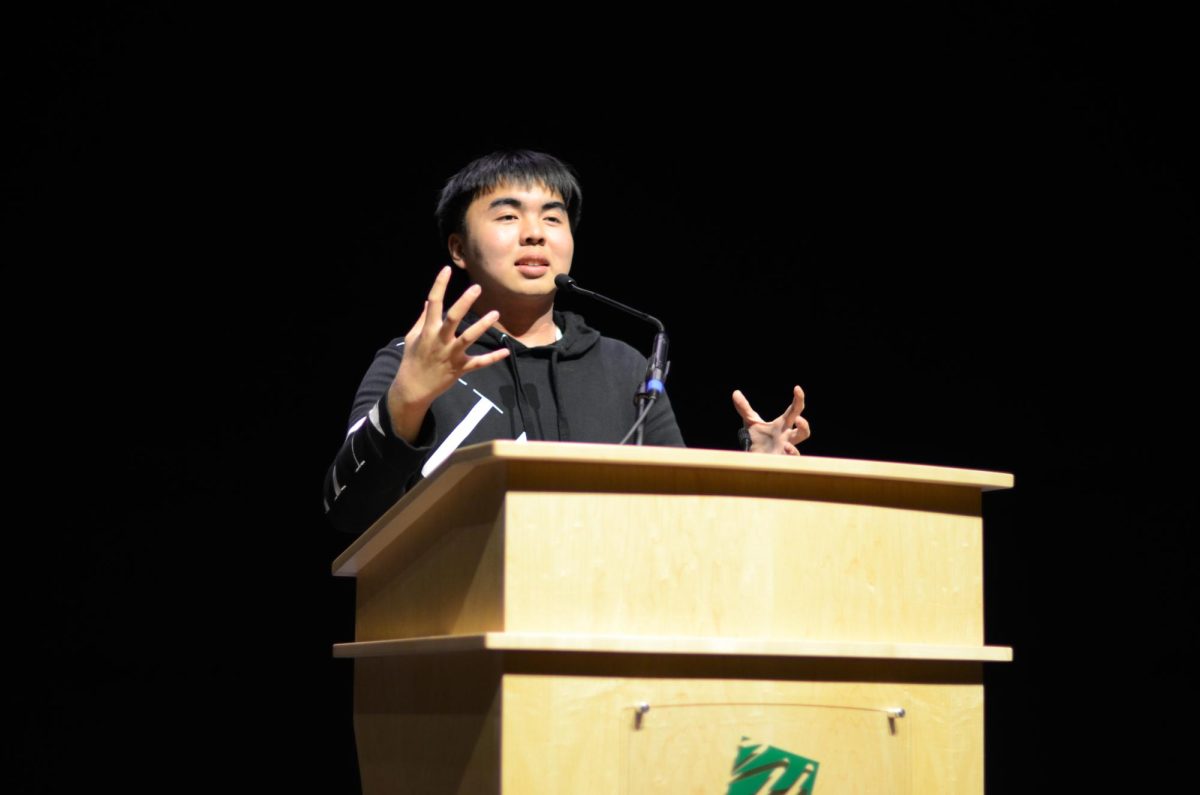
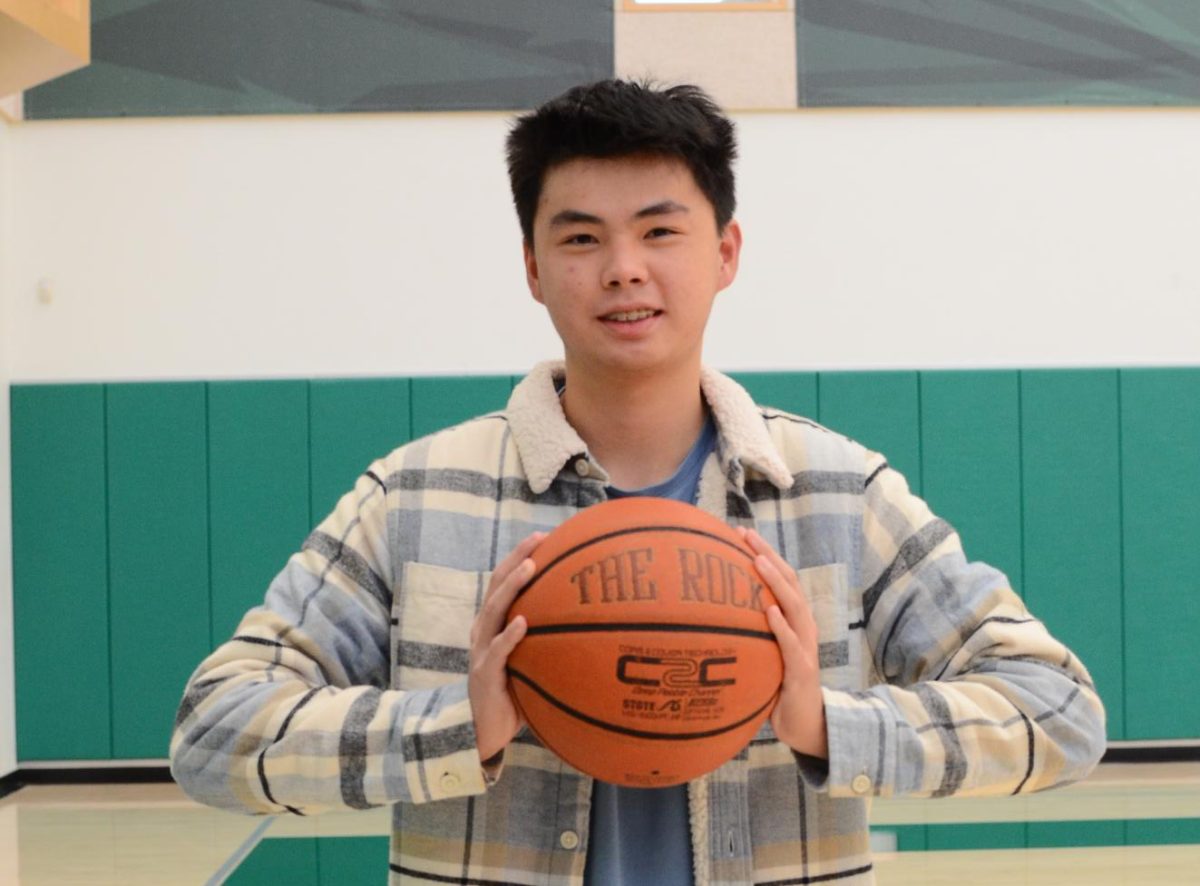
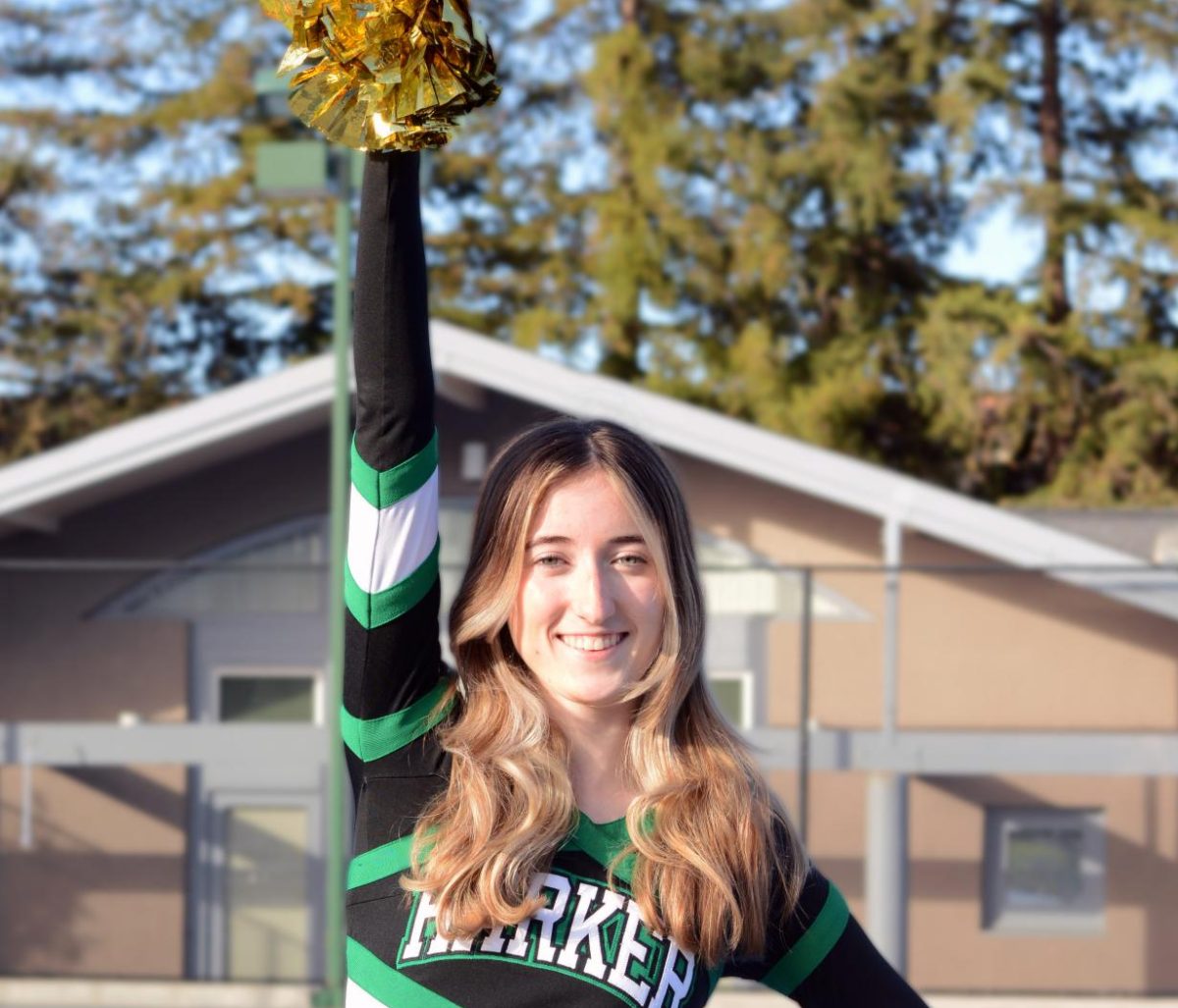
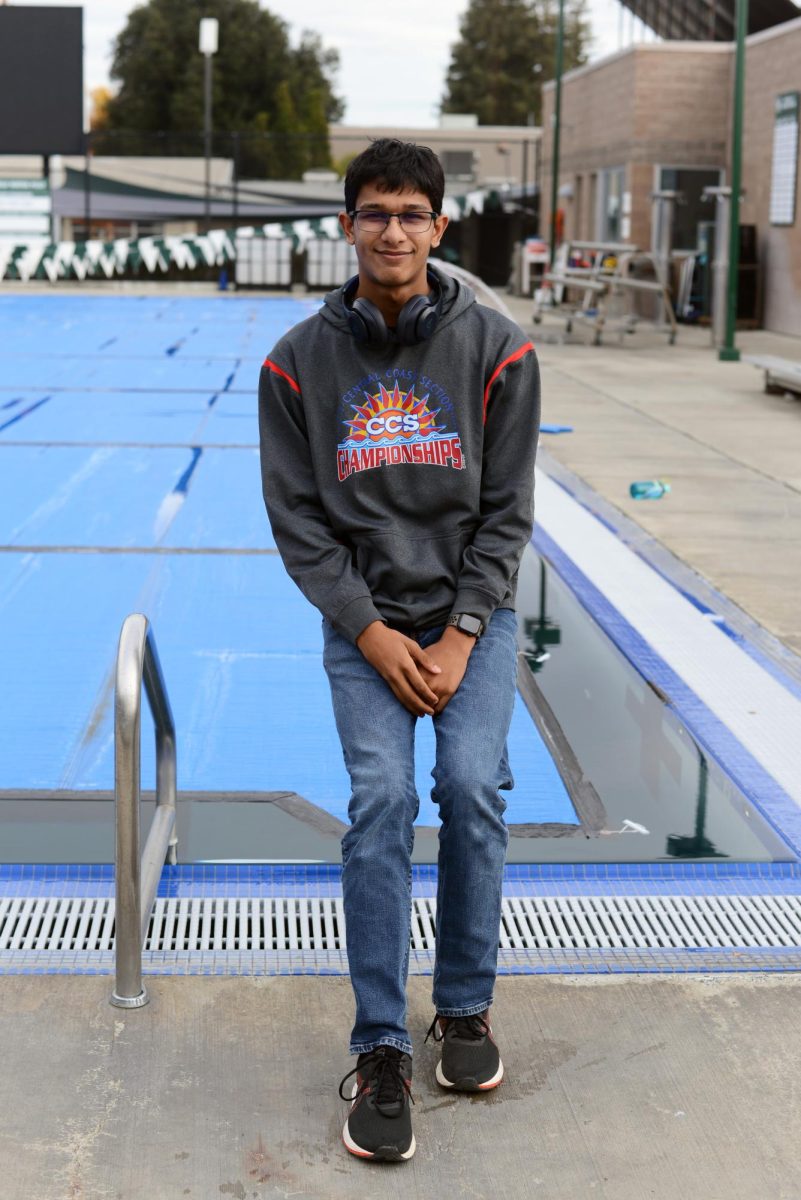
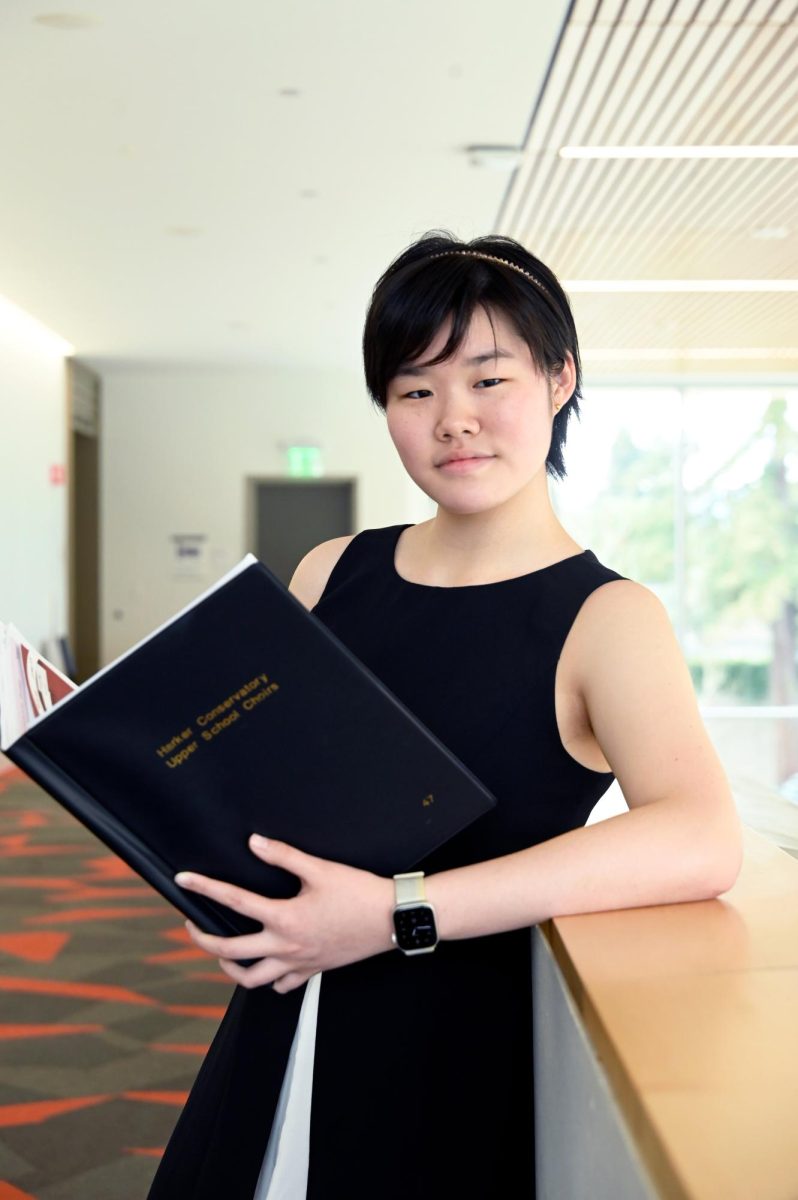








![“[Building nerf blasters] became this outlet of creativity for me that hasnt been matched by anything else. The process [of] making a build complete to your desire is such a painstakingly difficult process, but Ive had to learn from [the skills needed from] soldering to proper painting. Theres so many different options for everything, if you think about it, it exists. The best part is [that] if it doesnt exist, you can build it yourself, Ishaan Parate said.](https://harkeraquila.com/wp-content/uploads/2022/08/DSC_8149-900x604.jpg)


![“Animation just clicked in a way. I had been interested in art, but that felt different. [Animation] felt like it had something behind it, whereas previous things felt surface level. I wasnt making that crazy of things, but just the process of doing it was much more enjoyable, Carter Chadwick (22) said.](https://harkeraquila.com/wp-content/uploads/2022/08/Screen-Shot-2022-08-16-at-9.44.08-AM-900x598.png)


![“When I came into high school, I was ready to be a follower. But DECA was a game changer for me. It helped me overcome my fear of public speaking, and its played such a major role in who Ive become today. To be able to successfully lead a chapter of 150 students, an officer team and be one of the upperclassmen I once really admired is something Im [really] proud of,” Anvitha Tummala (21) said.](https://harkeraquila.com/wp-content/uploads/2021/07/Screen-Shot-2021-07-25-at-9.50.05-AM-900x594.png)



![“[Volleyball has] taught me how to fall correctly, and another thing it taught is that you don’t have to be the best at something to be good at it. If you just hit the ball in a smart way, then it still scores points and you’re good at it. You could be a background player and still make a much bigger impact on the team than you would think,” Anya Gert (’20) said.](https://harkeraquila.com/wp-content/uploads/2020/06/AnnaGert_JinTuan_HoHPhotoEdited-600x900.jpeg)

![“Im not nearly there yet, but [my confidence has] definitely been getting better since I was pretty shy and timid coming into Harker my freshman year. I know that theres a lot of people that are really confident in what they do, and I really admire them. Everyones so driven and that has really pushed me to kind of try to find my own place in high school and be more confident,” Alyssa Huang (’20) said.](https://harkeraquila.com/wp-content/uploads/2020/06/AlyssaHuang_EmilyChen_HoHPhoto-900x749.jpeg)













![“My slogan is ‘slow feet, don’t eat, and I’m hungry.’ You need to run fast to get where you are–you arent going to get those championships if you arent fast,” Angel Cervantes (12) said. “I want to do well in school on my tests and in track and win championships for my team. I live by that, [and] I can do that anywhere: in the classroom or on the field.”](https://harkeraquila.com/wp-content/uploads/2018/06/DSC5146-900x601.jpg)

![“I think getting up in the morning and having a sense of purpose [is exciting]. I think without a certain amount of drive, life is kind of obsolete and mundane, and I think having that every single day is what makes each day unique and kind of makes life exciting,” Neymika Jain (12) said.](https://harkeraquila.com/wp-content/uploads/2017/06/Screen-Shot-2017-06-03-at-4.54.16-PM.png)





